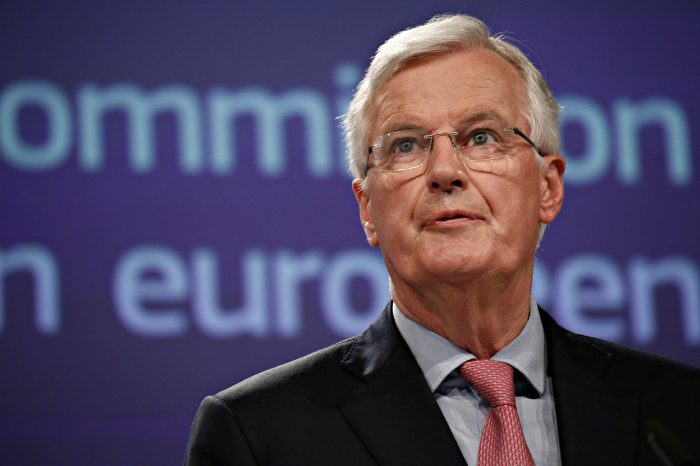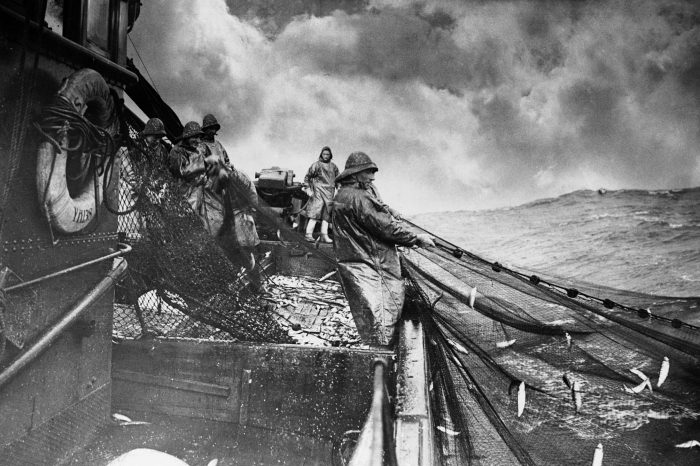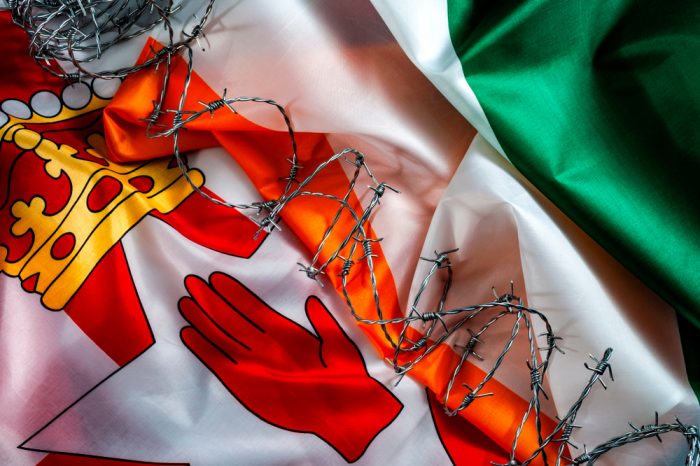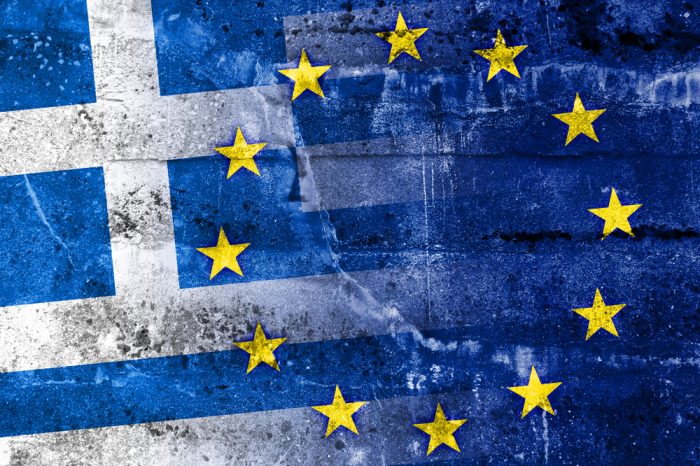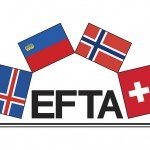The EFTA/EEA Solution to the Current Brexit Impasse
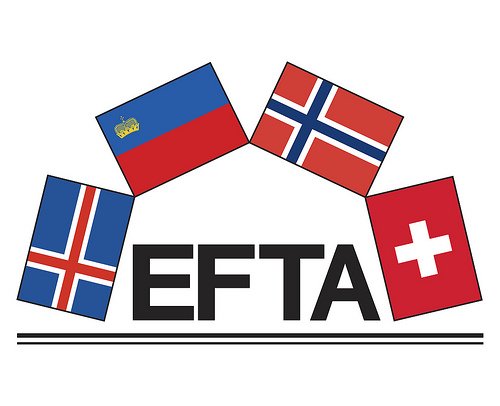
Implications of current Brexit negotiations failing
Mrs May’s government, without any practical Brexit plan, has created a mess and time is running out. Without a practical solution to the soft border in Ireland there can be no transition deal and, therefore, no withdrawal agreement. Without one, the UK would leave the European Union (EU) on 29th March 2019 with no arrangements in place to continue trading with the Single Market (Internal Market or wider European Economic Area, EEA). Such a situation (often called ‘falling off a cliff edge’) would be hugely disruptive to the existing highly integrated trade with the EEA and would impact the wider UK economy.
Government Proposals lead to Brexit in Name Only
However, should the government succeed in getting the EU to accept its proposed solution(s) to the Irish border and to wider trade with the EU, the outcome is likely to be Brexit in name only. Worse, the UK would become firstly a powerless temporary vassal state and then a permanent one under increasingly arduous EU imposed conditions, such as sacrificing the UK fishing industry, surrendering UK defence and defence procurement to the EU, paying substantial amounts into the EU budget, accepting a continuation of free movement (uncontrolled EU immigration, with extra rights for EU citizens), unconditional compliance with all existing and future EU laws, remaining under the EU’s European Court of Justice (ECJ).
Mrs May’s approach to Brexit is the Problem
Yet this unwanted situation is of Mrs May’s making by her seriously reckless decision, first mentioned in her Lancaster House speech, 17th January 2017, to leave the Single Market on Brexit day. Whilst leaving may be desirable in the long term, it is hardly practical now and her proposed solutions of mutual recognition of standards and a free trade agreement look increasingly unrealistic and counter-productive. Her wishful thinking, dithering and failure to understand how the EU and EEA works, have only made matters worse.
A simple EFTA/EEA Solution to Mrs May’s Brexit Problems
Many of the problems Mrs May has created can be solved by remaining within the Single Market (even temporarily) via a different, more flexible route. Such a route is available if we re-join The European Free Trade Association, EFTA, assuming they would have us back. Whilst this cannot be taken for granted, it would be advantageous to the existing EFTA/EEA countries (Norway, Iceland, Liechtenstein – Switzerland is outside the EEA) giving the overall grouping greater robustness. The EU has hinted that it could accept this as an option to achieve an orderly Brexit.
Criticisms of EFTA/EEA (aka The Norway Option) can often be resolved through research using original or reputable sources via the internet (e.g. here). However, there will always remain the opportunity for the EFTA/EEA option or any other suggestions to be misrepresented by the unscrupulous or ignorant.
EFTA is a Trading Association without political aspirations
Originally set up by, among various countries, the UK, EFTA is not a stepping stone to EU membership or even to associate membership of the EU. EFTA existed before the creation of the Single Market. As its name suggests, it was – and indeed is – purely a trading bloc. However, EFTA countries can participate in the Single Market on the basis of the EEA Agreement.
EEA Agreement is Flexible and Customisable
The basic EEA Agreement is amended from time to time (through additional Annexes and Protocols) as it applies to each of the EFTA members. It is not a ‘one size fits all’ approach and is customised to fit each’s requirements. Thus we could get a bespoke agreement by taking and amending the existing ‘off the self’ versions.
Control of EU Immigration into the UK
Article 112 (the Safeguard Measures) of the EEA Agreement provides a mechanism for the UK unilaterally to control immigration from the EU. Similar wording has already been copied by the EU into their draft Withdrawal Agreement (Article 13, Protocols relating to Northern Ireland) effectively allowing the EU unilaterally to limit immigration into the EU from the UK.
Agriculture and Fishing are outside the EEA
The EU’s Common Fisheries Policy and the Common Agricultural Policy are excluded from the EEA Agreement. We could therefore regain control of our Exclusive Economic Zone next March without having to ask the EU.
Laws relevant to trade in the EEA
The EU acquis (or body of laws) relevant to trade comprises about 25% of the total EU acquis and in 90% of cases reportedly originates from higher (global) bodies. We would need to comply anyway in order to trade elsewhere, unless we chose to leave organisations such as the World Trade Organisation. The rest of the EU acquis does not apply unless we choose to adopt any which we could modify as required at a later date.
Almost frictionless trade within the EEA
It is membership of the Single Market (or wider EEA) and not membership of a customs union that delivers nearly frictionless trade with the EU for countries like Norway. This is because each member is working to common standards and processes (harmonised) for product, production, market surveillance and conformity assessment under a centralised system of bureaucratic control by the EU. The EU’s Guide to the implementation of directives based on the New Approach and the Global Approach explains what applies to many products.
External Border Controls protect the EEA
By contrast, accessing the EEA from outside its external borders involves complying with regulations, inspections and testing, processes and procedures, external tariffs, customs checks/clearance, VAT etc. intended for dealing with ‘third countries’. These provisions, effectively border controls, also manage safety and other unacceptable risks to EEA members, consumers and enterprises involved with ‘imports’ and are sometimes protectionist.
There also need to be arrangements to control diseases and parasites etc. in imported livestock, products, plants, packaging etc. from ‘third’ countries. According to EU law, products of animal origin (meat and meat products) imported into the EU must be inspected (sanitary checks) at Border Inspection Posts (BIPs). For products of plant origin (for plants and plant-derived foods) phytosanitary checks are required at Community Entry Points (CEPs, Designated Ports of Entry). It is a nightmare and this is what we would face next March if Mrs May persists in her stubbornness.
EEA Membership allows participation in critical trade related decision making
A mechanism exists for EFTA members to participate in shaping decisions by the EU, which is described here. Unlike EU Member States, EFTA members also freely participate in global bodies helping to form standards and practices before these are passed down to the EU for implementation.
Free Trade Agreements
Both EFTA as a whole and individual EFTA countries are free to make their own trade agreements, unlike Member States of the EU or of its customs union. EFTA countries do not operate common external tariffs.
EEA Membership is Free
For EFTA countries, EEA membership is effectively free although they do ‘voluntarily’ contribute to the specific agencies they participate in and to development grants. We could pick and choose.
Judicial Oversight of EFTA/EEA by the EFTA Court
The EFTA Court is independent of the ECJ although it can take into consideration or follow ECJ rulings. It does not take precedence over national courts enabling the UK, if we so choose, to ignore any of its judgments. The European Commission could object but we could then ignore it too.
Quitting the EEA at any time
Article 127 of the EEA Agreement covers the process which involves giving 12 months’ notice. Unlike leaving the EU, no payments and negotiations are required.
Further Information
The EFTA/EEA option and Brexit debate in general has often suffered from misunderstandings or errors and mischievous misrepresentation effectively inhibiting rational discussion. The following are useful sources of research information: Brexit Reset, Eureferendum.com, various posts on Campaign for an Independent Britain and affiliates. For consequences of a No Deal situation, see the EU’s Notices to Stakeholders under Brexit preparedness.
The Way Ahead to Independent Sovereign Nation Trading
The EFTA/EEA route could salvage the faltering Brexit process, at least as an interim measure. It would facilitate leaving the political, centralised, anti-democratic construct of the EU whilst still retaining (and expanding) almost frictionless trade. It could also provide a springboard for a highly successful trading relationship for independent sovereign nations in Europe.



